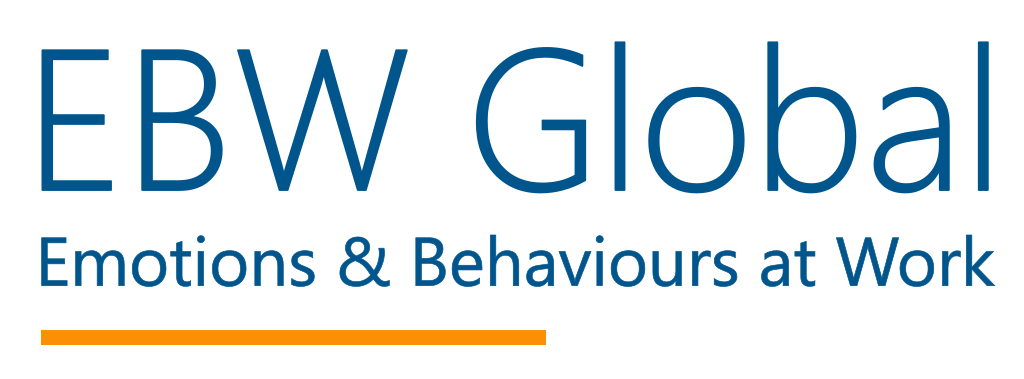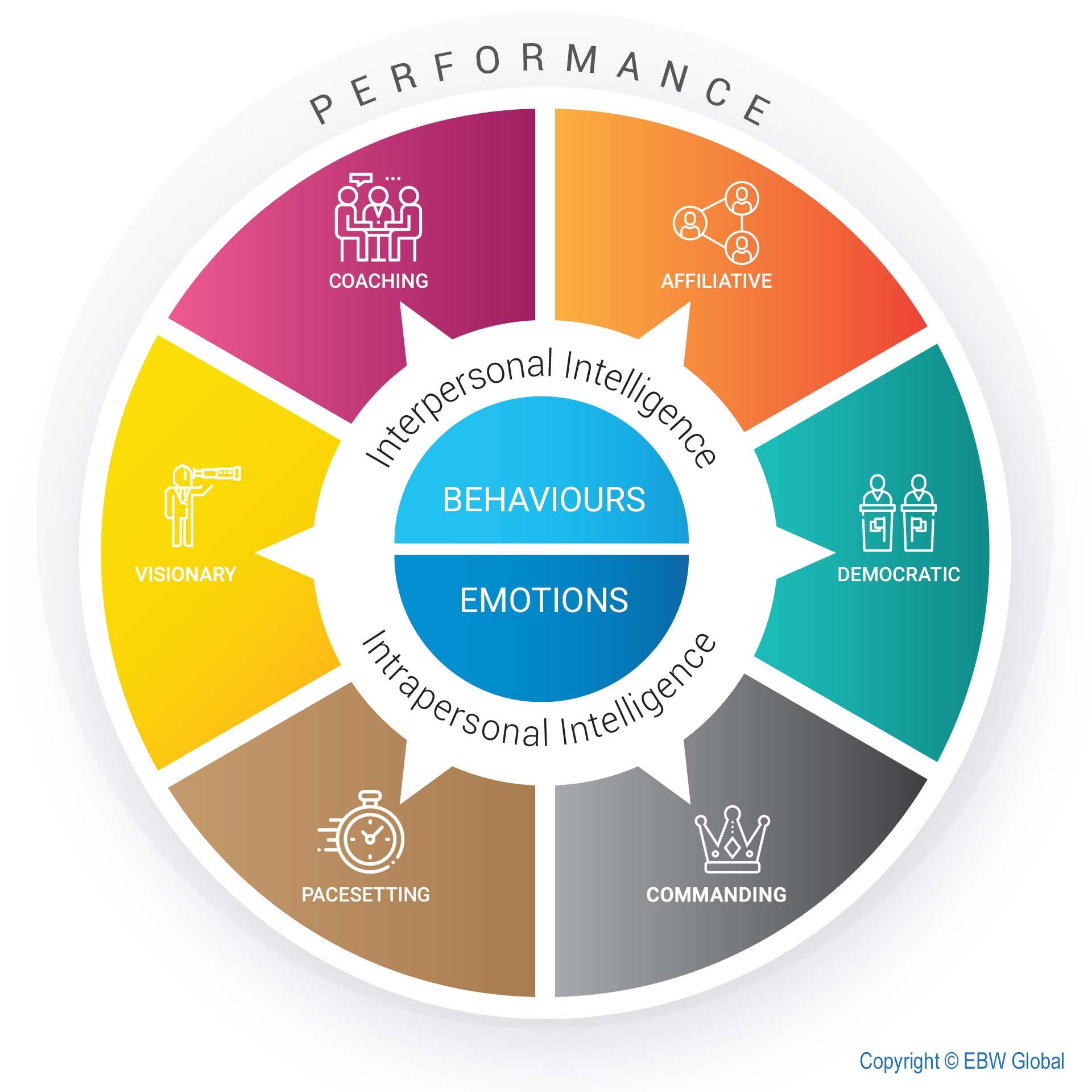What's your Leadership style?
If we have learned anything at EBW Global in the last few years, it is that the role of Business Emotional Intelligence (EQ) for leaders in the workplace is more important than ever.
Leaders and managers around the world are finding that their ability to use their Emotional Intelligence in their daily lives is having a profound effect on the success of their teams and businesses.
Make us feel valued, safe and that our voices are heard
This isn’t to say that all operational leaders and employees will crave security and understanding, or that there is a one-size-fits-all solution.
Some will need space or the expectation of results, others might seek long-term goal setting or rapid-fire short-term tasks.
The trick is knowing who will respond to what; and why.
This is not an easy task to achieve with so many of us working remotely - and with one hundred other priorities fighting for your attention!
It is, however, one that can be made feasible and profitable by adapting leadership techniques on demand and taking the time to add another skillset to your professional arsenal.
"It is not the strongest or the most intelligent who will survive but those who can best manage change."
Charles Darwin
We find that a great starting point is to think of Leadership in terms of 6 main styles:
Above: The EBW Leadership Compass
Visionary Leaders
Mobilising people towards a vision. This style is great for when moving in a new direction; it may struggle when motivating highly experienced staff.Coaching Leaders
Developing people for the future. A style that works well when building up long-term capabilities, this is least effective when teammates are defiant and unwilling to learn.Affiliative Leaders
Creating emotional bonds and harmony. Not to be used exclusively, this can work well alongside visionary leadership and is used to best effect in times of stress or when building trust.Democratic Leaders
Building consensus through participation. Excellent for co-creation and inspiring collective ownership, this style may not be best suited for emergency situations or those requiring rapid decisions.Pacesetting Leaders
Expecting excellence and self-direction. Perfect for highly motivated and skilled teams, this can provide quick results, but suffers when people need extra guidance or lack drive.Commanding Leaders
Demanding immediate compliance. This style is most effective in times of crisis or when employees do not respond to other leadership styles. But it can stifle motivation innovation and flexibility.
Which Leadership style do you use?
Watch our 4 minute video and find out - you might just see some familiar characters!
Times of elongated crisis, require multiple and varied approaches to keep building positive momentum for teams and companies as a whole.
The EBW Business Emotional Intelligence Assessments provides a blueprint for understanding, implementing and switching between these styles easily and effectively.
As we move toward the future and less turbulent times, the demands on our Leaders will shift with it.
Discover How Business Emotional Intelligence Transforms Leaders and Teams
If you would you like your leaders and teams to improve their decisions and the way they work together, click a button below to see how investing in Business Emotional Intelligence can make a difference or find an EBW Certified Partner to help you.


